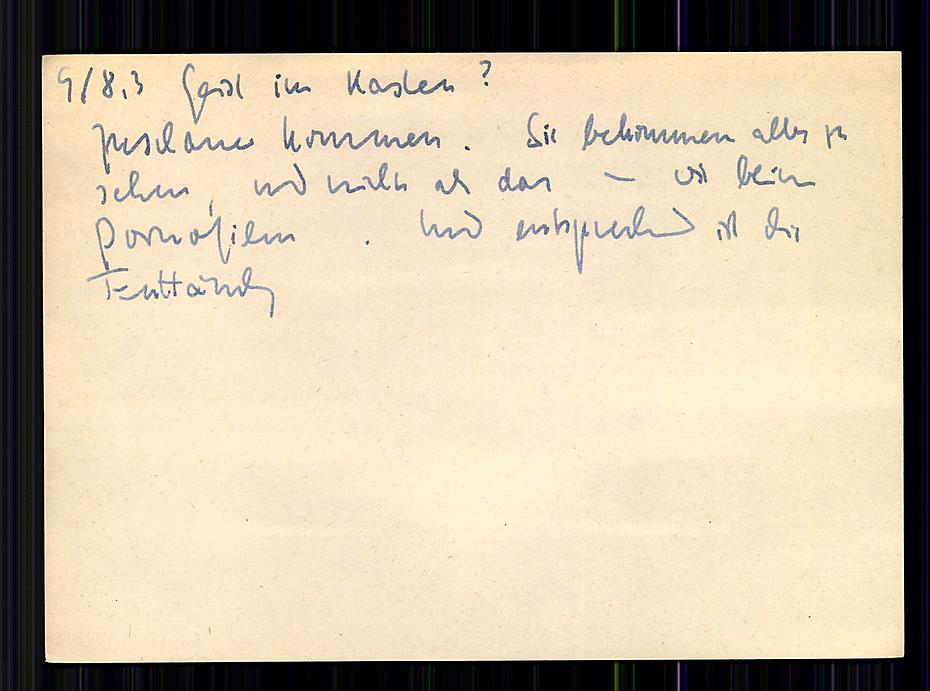Other popular terms for such a system include Zettelkasten (meaning “slipbox” in German, coined by influential sociologist Niklas Luhmann), Memex (a word invented by American inventor Vannevar Bush), and digital garden (named by popular online creator Anne-Laure Le Cunff)
Please know that the zettelkasten and its traditions existed prior to Niklas Luhmann. He neither invented them nor coined their name. It’s a commonly repeated myth on the internet that he did and there’s ample evidence of their extensive use prior to his well known example. I’ve documented some brief history on Wikipedia to this effect should you need it: https://en.wikipedia.org/wiki/Zettelkasten
The earliest concept of a digital garden stems from Mark Bernstein’s essay Hypertext Gardens: Delightful Vistas in 1998. This torch was picked up by academic Mike Caulfield in a 2015 keynote/article The Garden and The Stream: A Technopastoral.
Anne-Laure Le Cunff’s first mention of “digital garden” was on April 21, 2020
Progress on my digital garden / evergreen notebook inspired by @andy_matuschak🌱
Super grateful for @alyssaxuu who’s been literally handholding me through the whole thing — thank you! pic.twitter.com/ErzvEsdAUj
— Anne-Laure Le Cunff (@anthilemoon) April 22, 2020
Which occurred just after Maggie Appleton’s mention on 2020-04-15
Nerding hard on digital gardens, personal wikis, and experimental knowledge systems with @_jonesian today.
We have an epic collection going, check these out…
1. @tomcritchlow‘s Wikifolders: https://t.co/QnXw0vzbMG pic.twitter.com/9ri6g9hD93
— Maggie Appleton 🧭 (@Mappletons) April 15, 2020
And several days after Justin Tadlock’s article on 2020-04-17
Before this there was Joel Hooks by at least 2020-02-04 , though he had been thinking about it in late 2019.
He was predated by Tom Critchlow on 2018-10-18 who credits Mike Caulfield’s article from 2015-10-17 as an influence.
Archive.org has versions of the phrase going back into the early 2000’s: https://web.archive.org/web/*/%22digital%20garden%22
Hopefully you’re able to make the edits prior to publication, or at least in an available errata.


 Niklas Luhmann, Zettelkasten II,
Niklas Luhmann, Zettelkasten II,